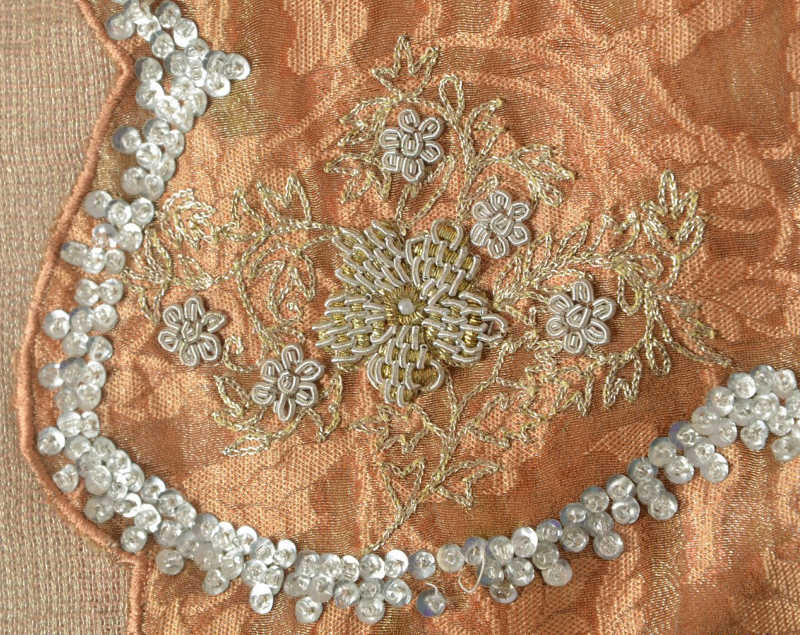===
0610,
7
===

=== |
 |
be-hech : 'For nothing, without reason, purpose, or motive'. (Platts p.204)
FWP:
SETS
MOTIFS
NAMES
TERMS == MEANING-PLAY; THEME-CREATIONThe presence of the aah surely tilts the interpretive balance toward SRF's possibility (4), since only that one can make creative use of the twofold power of a sigh. In the first line the sigh can be imagined as acting like a bellows, causing the glowing coals of the lover's burning heart to flare up afresh. Then in the second line the sigh can be imagined as acting like a powerful gust of wind, blowing out some unfortunate person's oil lamp. Still, despite SRF's best efforts, to me the verse doesn't seem very coherent or exciting.